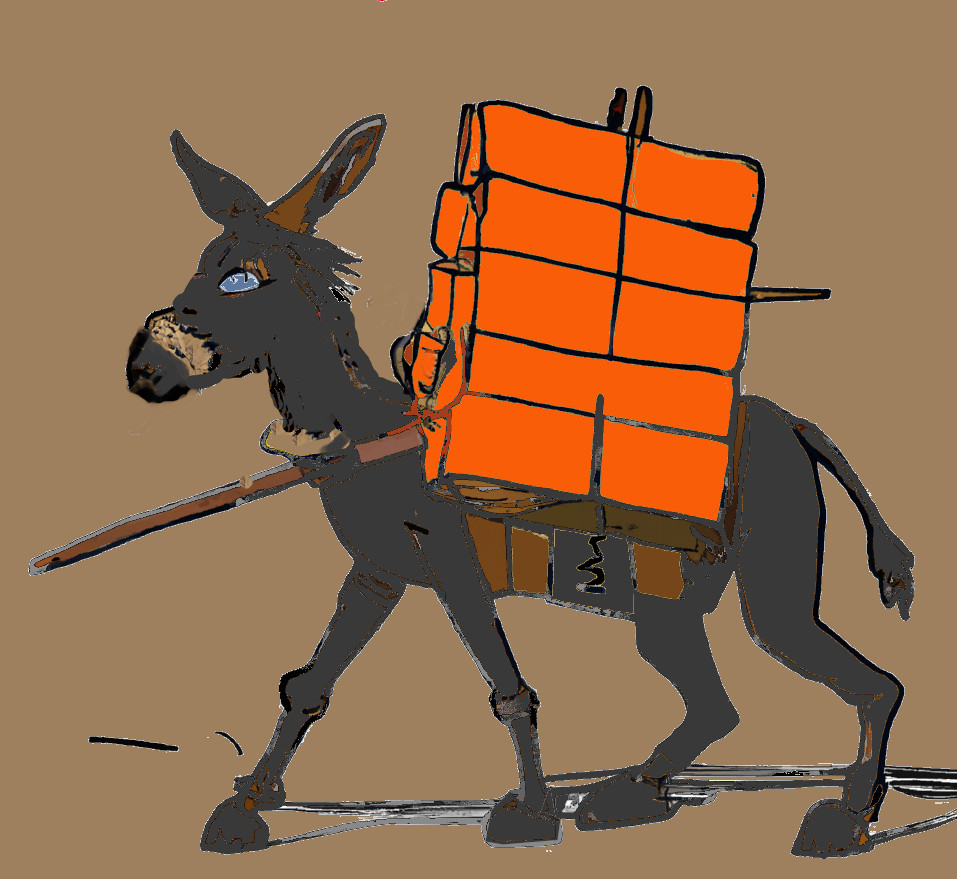AI and evolution are two distinct concepts, but they can be connected in several ways. Let’s explore how AI relates to the concept of evolution:
-
Evolution of AI: AI itself can undergo evolutionary processes. Through techniques like evolutionary algorithms or genetic programming, AI systems can be subjected to variations, mutations, and natural selection to improve their performance over successive generations. These methods mimic the principles of biological evolution and allow AI algorithms to adapt and evolve to solve complex problems.
-
Evolutionary Computation: Evolutionary computation is a branch of AI that uses evolutionary principles to solve computational problems. It involves the creation of populations of candidate solutions that undergo selection, recombination, and mutation to find optimal or near-optimal solutions. Evolutionary algorithms are widely used in optimization, search, and machine learning tasks.
-
Artificial Life: Artificial Life (ALife) is a field that explores the study of life and living systems through computer simulations and AI techniques. ALife aims to understand the fundamental principles of life by creating synthetic organisms or ecosystems that exhibit lifelike behavior and evolution. It explores how simple rules and processes can give rise to complex, adaptive systems.
-
Genetic Algorithms: Genetic algorithms are a specific type of evolutionary algorithm that uses analogies to genetics and natural selection. They mimic the process of reproduction, mutation, and survival of the fittest to search for optimal solutions in problem-solving tasks. Genetic algorithms have been successfully applied to various optimization and machine learning problems.
-
AI and Natural Selection: AI systems can also be used to simulate and study evolutionary processes in biological systems. By developing models and simulations, researchers can gain insights into how natural selection operates, how species evolve, and how ecosystems develop. AI can help understand the factors that drive evolutionary dynamics and test hypotheses about the origins and mechanisms of evolution.
It’s important to note that while AI can simulate aspects of evolution and enhance evolutionary understanding, it is not a replacement for biological evolution. Biological evolution is a natural process that has shaped the diversity of life on Earth over billions of years, driven by genetic variation, mutation, selection pressures, and environmental factors. AI provides a computational framework to study and apply evolutionary principles but does not possess the same underlying biological mechanisms as natural evolution.


